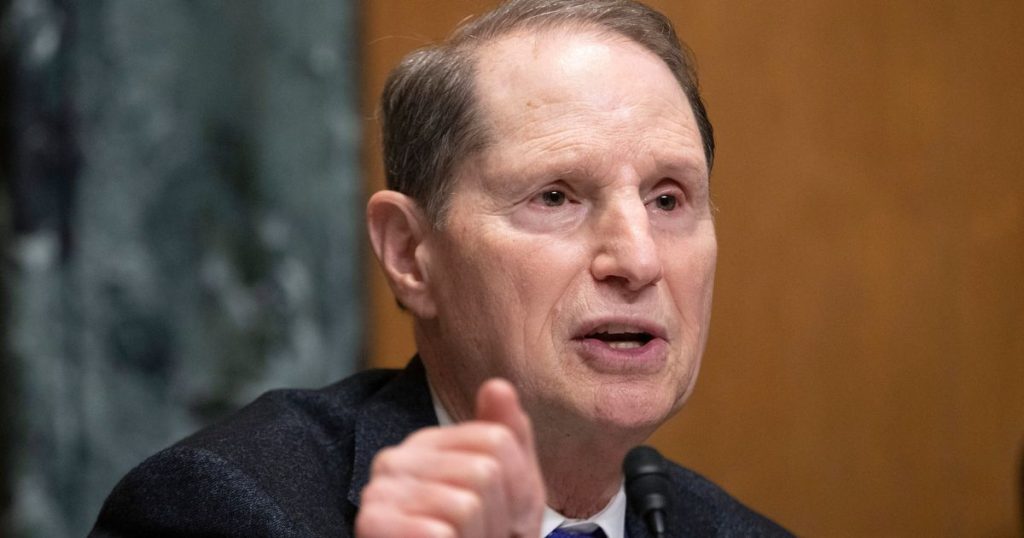The Senate reauthorized an anti-terrorism surveillance law just after midnight Friday, despite concerns from some lawmakers about the protection of Americans’ privacy. The two-year renewal of Section 702 of the Foreign Intelligence Surveillance Act allows the U.S. to monitor the communications of foreign nationals abroad. Critics argue that the law has been misused to spy on Americans, whose communications with foreign surveillance targets are often collected as well. The House had already passed the bill, and it was set to be sent to President Joe Biden for his signature.
There were concerns that there would be a small lapse in the spying authority as the deadline for Section 702’s expiration approached. A final deal on amendments to consider was reached late in the evening, just hours before the deadline. Civil liberties advocates warned that a technical amendment made in the House had significantly expanded the scope of the law to include new electronic communication service providers. A vote to remove this provision, which would have required sending the bill back to the House and letting it lapse, was the bill’s last major obstacle in the Senate.
The amendment in question, offered by Rep. Mike Turner (R-Ohio), was described as narrowly updating the definition of electronic communication service providers. However, it expanded the definition to include individuals with access to equipment used to transmit or store electronic communications, such as servers, cable boxes, WiFi routers, and phones. Sen. Ron Wyden (D-Ore.) questioned this expansion of communication service providers. Sen. Mark Warner (D-Va.), chairman of the Senate Intelligence Committee, defended the amendment, stating that it was meant to close a legal loophole caused by the rise of Internet cloud data centers. He also pointed to a Department of Justice memo saying they would adopt a narrow interpretation of the language.
Despite opposition from some lawmakers, the amendment to remove the expanded language failed on a vote of 34 to 58. Sen. Mike Lee (R-Utah), who opposed the bill, reassured that private companies would continue to collect data temporarily even if the bill expired. Both the House and Senate were expected to have rare Saturday sessions to address any issues with the bill before a scheduled weeklong break. Some lawmakers, like Sen. Lee, joked about the proximity of the House and Senate chambers in the Capitol building, suggesting that fixes could be made quickly before the break. Critics of the bill, such as senior fellow Patrick Eddington from the Cato Institute, believe that the renewal of this surveillance law represents a dangerous expansion of federal surveillance powers and undermines Americans’ Fourth Amendment rights in their digital communications.


